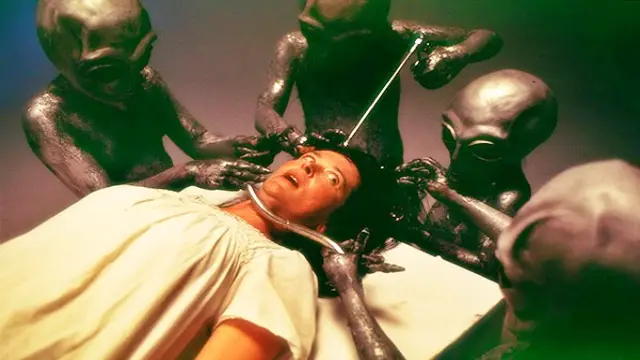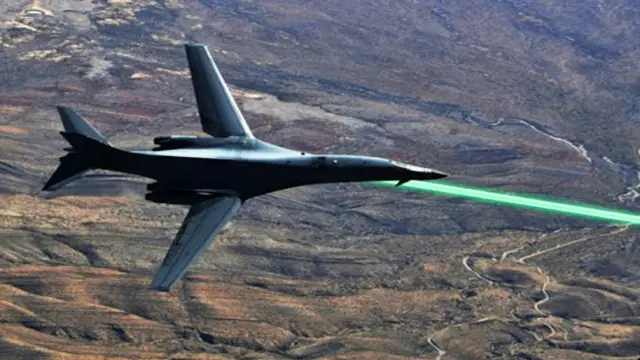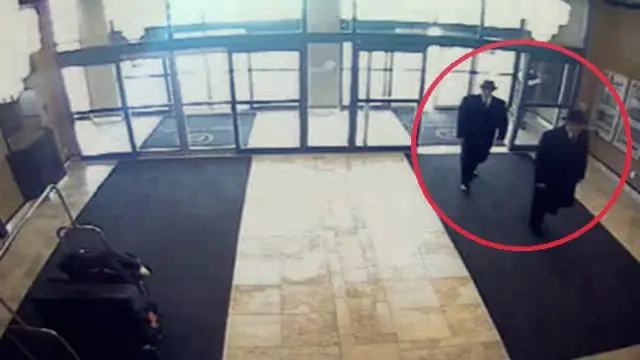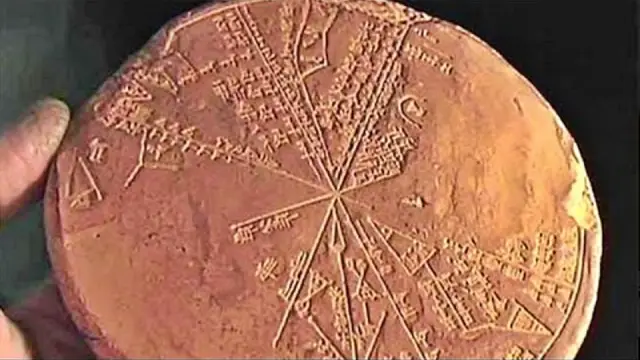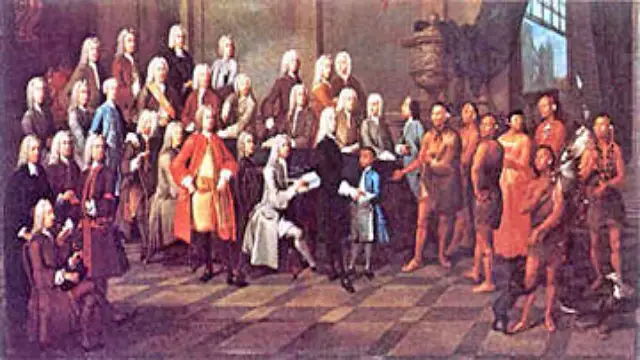Maintaining comprehensive paperwork is essential for a ghost hunting team to stay organized and ensure a systematic approach to investigations. This includes initial paperwork, which serves as the foundation for organized record-keeping. From permission/release forms to confidentiality agreements, each document plays a crucial role in establishing trust with clients and streamlining the investigation process.
Key Points
1. Permission/Release Form:
- Includes client’s name, contact information, property details, and date of investigation.
- Contains a liability release statement, relieving the client of responsibility in case of injury during the investigation.
2. Confidentiality Form:
- Specifies what information can and cannot be released by the ghost hunting team.
- Allows clients to decide whether personal details or business names can be used when presenting evidence.
3. Initial Witness Interview Form:
- Combines checklist elements and open-ended lines for more detailed responses.
- Asks witnesses about the entities encountered, their appearance, location, time of occurrence, and other specific details.
- Inquires about the history of activity, frequency, pronounced manifestations, witness experiences, and any physical interactions.
4. Expectations Question:
- Seeks to understand the client’s expectations for the investigation.
- Helps the team communicate realistic outcomes and potential limitations to the client.
5. Grid Map:
- Used to draw a map of the area or structure where paranormal activity has been reported.
- Aids in tracking locations of past activity, guiding the placement of stationary equipment during the investigation.
- Allows for flexibility in adjusting equipment placement based on real-time observations.
Additional Insights:
- Maintaining Trust: Upholding client trust is crucial for positive word-of-mouth and client satisfaction. Ensures clients are not bothered by curiosity seekers.
- Flexibility: While baseline data guides equipment placement, being flexible can lead to capturing more evidence.
Upcoming Posts:
- Training New Members: Details on how new team members are trained.
- Basic EVP Questions: Useful and reliable EVP (Electronic Voice Phenomena) questions.
- Baseline Data Collection: Essential baseline data gathered during investigations.
Comprehensive paperwork not only facilitates organized investigations but also contributes to a successful and respectful collaboration with clients. Happy Ghost Hunting!
















